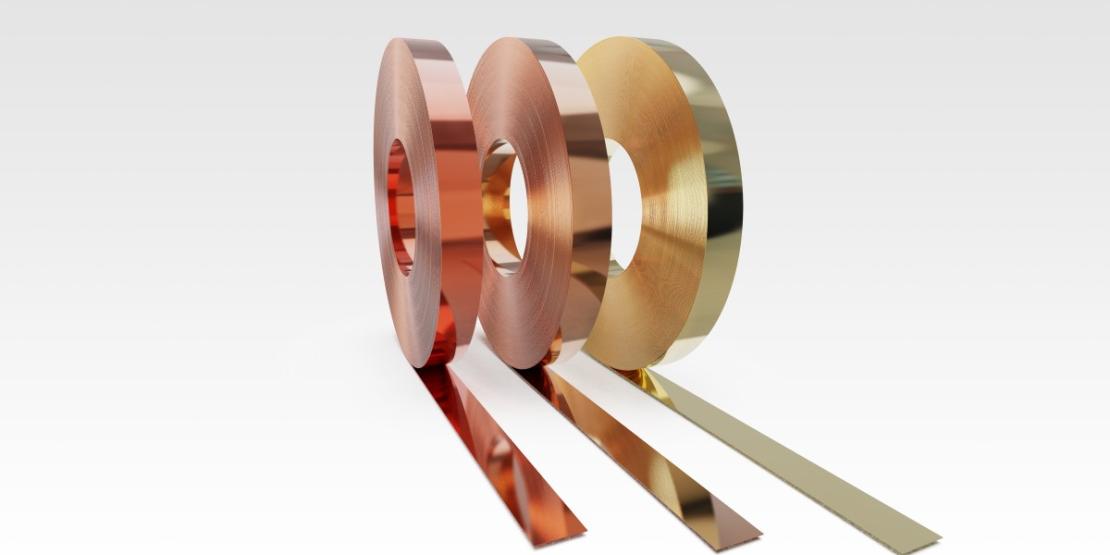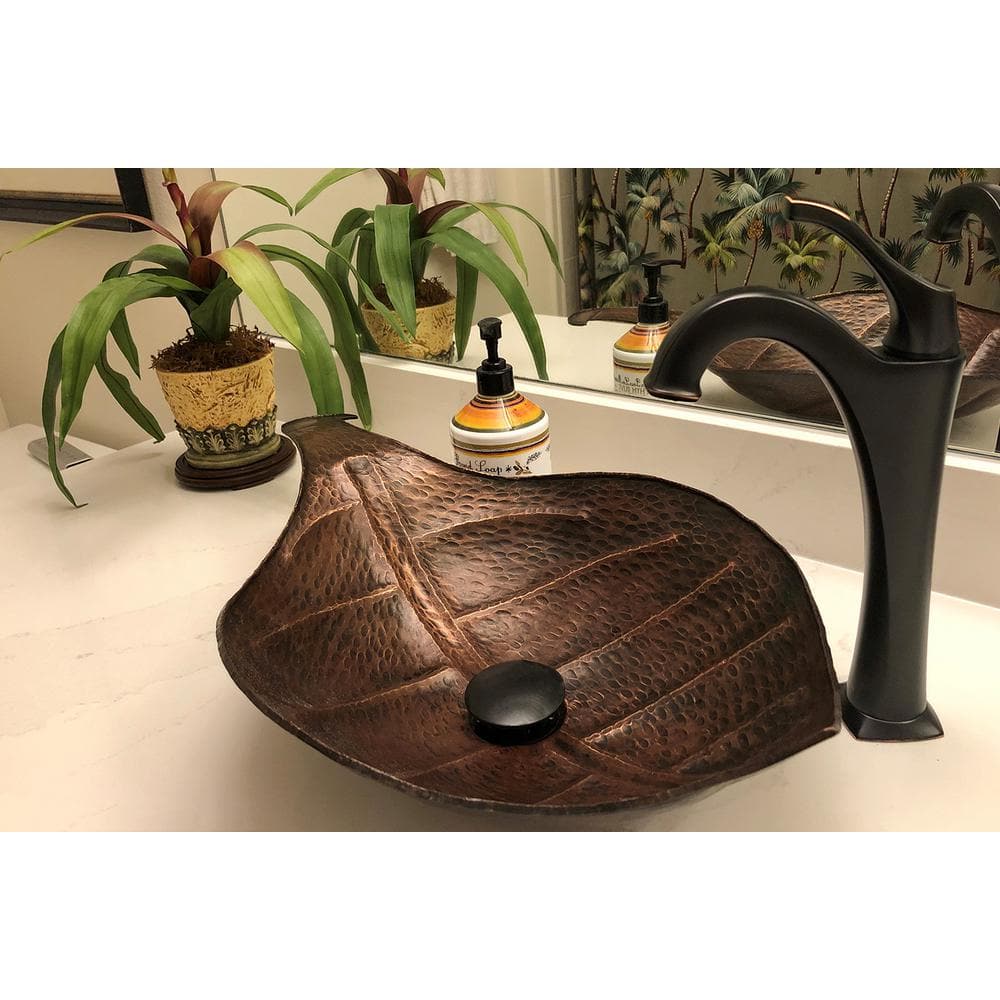Enhancing Your Kitchen with Premium Copper Products: Tips and Best Practices
Discovering the Diverse Applications of Copper Products in Modern Industries
From boosting the efficiency of electrical systems to playing a vital role in eco-friendly energy technologies, the adaptability of copper is evident. As markets increasingly focus on innovation and sustainability, the varied applications of copper warrant a closer evaluation, particularly regarding their prospective influence on future technical improvements and ecological techniques.
Electrical Applications of Copper
Copper is a necessary product in the electric market, accounting for around 60% of the complete demand for non-ferrous steels globally - Copper Products. Its exceptional electrical conductivity, which is virtually two times that of light weight aluminum, makes it the recommended choice for a vast array of electrical applications. From electrical wiring systems in business and household buildings to high-voltage power transmission lines, copper makes sure performance and integrity in electrical power delivery
In addition to wiring, copper is indispensable to the manufacturing of electrical parts such as motors, generators, and transformers. These components take advantage of copper's thermal conductivity and malleability, crucial for warmth dissipation and effective performance. Furthermore, copper's resistance to deterioration boosts the life expectancy and durability of electrical systems, making it an affordable remedy in the long-term.
The development of eco-friendly power sources, such as solar and wind power, has better increased the need for copper in electric applications. As sectors transition in the direction of sustainable energy options, copper's duty comes to be also a lot more critical. Overall, the flexibility and efficiency attributes of copper strengthen its status as a cornerstone material within the electrical market, driving technology and effectiveness throughout different applications.
Plumbing and Piping Solutions
In modern-day plumbing systems, the option of products considerably affects both functionality and longevity. Copper has emerged as a recommended alternative as a result of its one-of-a-kind residential or commercial properties, consisting of rust resistance and antimicrobial qualities. These characteristics make sure that copper piping remains durable and safe for carrying safe and clean water, an essential consideration in domestic and business applications.
One of the essential advantages of copper in plumbing is its capacity to hold up against heats and stress, making it appropriate for a range of applications, from warm water systems to heating and cooling networks. Additionally, copper's adaptability permits much easier installation in intricate piping designs, decreasing the threat of failings and leaks.
An additional noteworthy advantage is copper's long life-span, commonly exceeding half a century with appropriate maintenance. This longevity not just reduces substitute expenses but likewise adds to sustainable methods by reducing waste. Copper's recyclability straightens with modern-day environmental standards, promoting a circular economic situation within the plumbing sector.
Copper in Renewable Energy
The versatility of copper prolongs past pipes applications, playing a vital duty in the renewable energy market. Its superb electrical and thermal conductivity makes it an essential material in the manufacturing and distribution of renewable resource resources, particularly solar and wind power. In solar panels, copper is utilized in solar batteries and circuitry, facilitating efficient power conversion and transmission. Its resistance to deterioration makes certain lasting performance, which is crucial for maximizing energy output over time.

Moreover, as the worldwide need for electric vehicles (EVs) boosts, copper's role in battery systems and billing framework ends up being even much more considerable. The product's capacity to perform power efficiently is essential to the performance of EV batteries, enhancing variety and charging rate.
Copper's Function in Electronic devices
Electronic devices making relies greatly on copper's remarkable buildings, specifically its high electrical conductivity and thermal effectiveness. These characteristics make copper an optimal choice for a variety of digital components, including connectors, circuit card, and circuitry. The steel's ability to efficiently send electrical signals ensures marginal power loss, which is important in high-performance electronic gadgets.
Moreover, copper's thermal conductivity plays a significant role in heat dissipation, securing sensitive elements from overheating. This is especially crucial in modern-day electronics, where portable layouts bring about boosted warm generation. Copper is likewise preferred for its malleability and ductility, permitting it to read the article be quickly formed right into elaborate designs that meet the demands of advanced electronic applications.
With the surge of consumer electronics, telecommunications, and electrical vehicles, the demand for copper in the electronics market proceeds to grow. As advancements in technology advance, copper remains important to achieving greater performance and dependability in electronic products. Its recyclability better enhances its charm, as makers look for lasting remedies without compromising top quality. Hence, copper remains a foundation product in the ever-expanding field of electronics.
Cutting-edge Makes Use Of in Production

One remarkable application is in additive production, where copper-based materials are employed in 3D printing processes. This enables the creation of intricate geometries and lightweight elements, especially in the aerospace and auto markets. In addition, copper's thermal conductivity makes it an optimal option for warmth exchangers, improving effectiveness in commercial cooling systems.
Moreover, the rise of wise production has actually seen the incorporation of copper in IoT gadgets, where its conductive capacities sustain sophisticated sensing innovations. In the world of renewable power, copper is essential in the manufacturing of photovoltaic panels and wind turbines, helping with much more reliable energy conversion and distribution.
As industries pursue sustainability and technology, copper's adaptability and efficiency remain to position it as an essential product, driving innovations in manufacturing and adding to the advancement of smarter, a lot more reliable items.
Verdict
The essential duty of copper in sustainable energy and its vital function in electronics emphasize its value in advancing lasting methods. Jointly, these applications show copper's important contribution to technical development and site here commercial effectiveness in contemporary culture.
From boosting the effectiveness of electric webpage systems to playing an important role in sustainable power innovations, the adaptability of copper is evident. As markets increasingly prioritize innovation and sustainability, the varied applications of copper warrant a closer examination, especially concerning their potential effect on future technical developments and ecological methods.
The growth of sustainable energy resources, such as solar and wind power, has further increased the need for copper in electrical applications. On the whole, the adaptability and performance characteristics of copper strengthen its status as a keystone product within the electrical sector, driving advancement and efficiency throughout various applications.
The adaptability of copper extends beyond plumbing applications, playing a crucial role in the sustainable power industry.